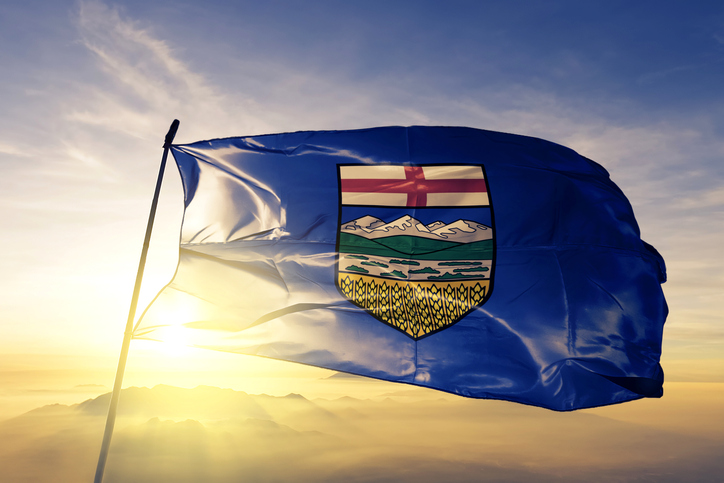You are here
Home 🌿 Marijuana Politics 🌿 Canada’s winning — and mostly, losing — cannabis markets of 2019 🌿Canada’s winning — and mostly, losing — cannabis markets of 2019

Heading into 2020, we’re marking the first full year of cannabis legalization in Canada. And since every provincial and territorial government seems to have set up a different iteration of how the regulated weed market should operate, it makes sense that some were more successful than others – to say the least.
Here are a few of our picks for the winning — but mostly, losing — regulated cannabis markets of 2019.
Winner: Alberta
Alberta’s cannabis corporation has been killing it in the legal weed game, in spite of the province’s financial woes. While other provincial cannabis corporations struggled to turn a profit, transforming their newly legal shops into an opportunity for the illicit market, Alberta retailers managed to snag 22 per cent of the Canadian legal market. It’s now the largest cannabis consumer base per capita in the country.
The market has been so successful that provincial regulators even opted to allow the sale of cannabis on Christmas Day, ensuring a green Christmas for Albertans, from the prairies to the Rockies.
Loser: Ontario loses $42 million trying to weed
This past year has heralded major changes in Ontario’s cannabis retail landscape, particularly since September, when the Ontario Cannabis Retail Corp. announced it lost $42 million in their first year of sales.
The losses presumably was part of the reason why the end of this year also marks the end of the much-maligned lottery system for awarding pot shop licences. The lottery, which was intended to produce a total of 75 licensed cannabis stores across the province, was largely regarded as a failure: It yielded just 24 legal stores for the country’s most populous province, and left many communities without a brick-and-mortar place to buy regulated weed.
Loser: New Brunswick’s cannabis corp. is up for sale
Although Cannabis NB reps complained bitterly when legalization was delayed until October back in 2018 — even bragging about their readiness to open up shop — 2019 seems to have brought the now-struggling Crown corporation back to reality.
After bleeding millions of dollars, paying double stipends to its shared board, and blaming everyone but themselves for their failures, management announced in November that they were seeking a private buyer after failing to achieve profitability.
So far, the province has yet to announce any takers.
Loser: British Columbia’s legendary bud is in trouble
Despite its longstanding reputation for B.C. bud, the regulated market in B.C. has failed to launch as some expected.
A recent StatsCan report revealed that residents of the western province bought the least amount of regulated weed in the country since legalization at an average of about $10. That’s compared to the Yukon and P.E.I., where consumers reported spending an average of $103 and $97, respectively, since legalization.
The premier blamed policing costs and the illicit market on the province’s floundering sales, and opted to impose an unpopular 20 per cent tax on liquid vapes and cartridges in the wake of significant reports of pulmonary illnesses in the U.S. (dry flower vapes were initially included before the province opted not to target the devices).
Repeated crackdowns by a so-called “community safety unit” on decades-old compassion clubs and other longstanding illicit stores further raised the ire of B.C.’s cannabis consumers, and don’t seem to have proved effective with regards to boosting the legal cannabis sector’s bottom line.
420 Intel is Your Source for Marijuana News
420 Intel Canada is your leading news source for the Canadian cannabis industry. Get the latest updates on Canadian cannabis stocks and developments on how Canada continues to be a major player in the worldwide recreational and medical cannabis industry.
420 Intel Canada is the Canadian Industry news outlet that will keep you updated on how these Canadian developments in recreational and medical marijuana will impact the country and the world. Our commitment is to bring you the most important cannabis news stories from across Canada every day of the week.
Marijuana industry news is a constant endeavor with new developments each day. For marijuana news across the True North, 420 Intel Canada promises to bring you quality, Canadian, cannabis industry news.
You can get 420 Intel news delivered directly to your inbox by signing up for our daily marijuana news, ensuring you’re always kept up to date on the ever-changing cannabis industry. To stay even better informed about marijuana legalization news follow us on Twitter, Facebook and LinkedIn.




